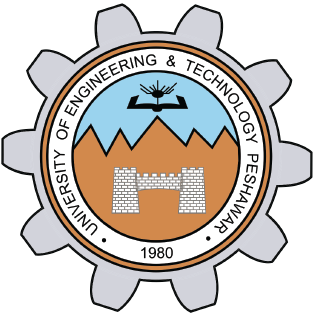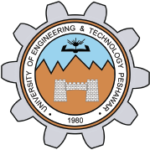Precision Agriculture
Intelligent spraying machine
Agri-tech and Agri-Robotics has started gaining wide-spread popularity globally and specifically in developed countries by automating and augmenting various farming tasks, but unfortunately, this is currently not the case in Pakistan. Now, these challenges are envisaged by the Planning Commission (Government of Pakistan) in its roadmap to Pakistan Vision 2025. The solution to boosting agricultural productivity and generating future food security lies in the application of agrti-tech and agri-robotics providing more efficient and reliable processes through Industry 4.0 and automation.
The aim of this project is to develop an autonomous robot that can navigate autonomously in the given environment, observe and collect site-specific information e.g. pest and weed pressure, crop growth and disease condition, infestation level and yield estimation. The collected data is than transmitted to the dedicated field surveillance and mapping server in real-time. The information gathered by this robot is crucial, as it is used to evaluate,
1) The health of the crop.
2) The existence of pests and weeds.
3) The prevention mechanism for disease control.
Achievements
A vision system based on the deep learning model (YOLOv5) has been developed which has the capability to detect and classify the weeds and crop. For robot navigation, a visual servoing technique is used that track the crop row in field. The said systems are incorporated in a mobile robot, to autonomously navigate and remove weeds chemically (i.e. using selective/spot spraying) in field. The robot performance was first evaluated in a preliminary laboratory tests. Later the accuracy of the vision systems (detection and servoing) are evaluated by conducting real-time on-field experiments.
Future Work
- This robot will be designed keeping in view the adaptive navigation capability (the robot should be able to change configuration according to terrain’s features or different conditions).
- Removing weeds physically (i.e. using robotic arm), depending on the presence/complexity of their location.
- Incorporating sensors to study effect of diseases from multi-spectral analysis of a field crop.
Intelligent seed planter
In Pakistan, due to lack of advanced seed sowing equipment, farmers do not get optimal yield from their crops. In this project, advanced variable-rate sowing technology has been introduced for planting multiple crops for optimal yield.
Current Research
- Design and development of a multi-crop seed metering units.
- Control design for multiple & variable seed rate and vacuumed pressure control.
- Dynamic analysis of model Furrow opener interaction with direct natures of soils using DEM.
Achievements
- A multi-crop precision seed metering has been developed to achieve maximum crop yield
- Drive-by-wire system that comprises of motors and sensors for variable rate planting has been implemented on a test bench developed for extensive experimentations.
Applications Goals
- Multi-crop plantation.
- High Speed & precise Planting.
- Seed Singulation.
- Adjustable Seed-Seed Distance.
- Adjustable Depth Control.
- Variable rate seed.



